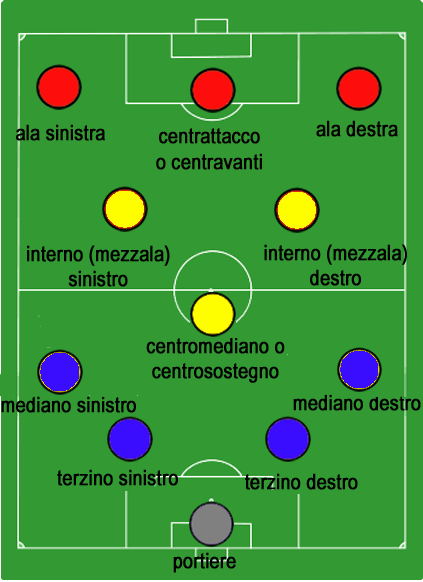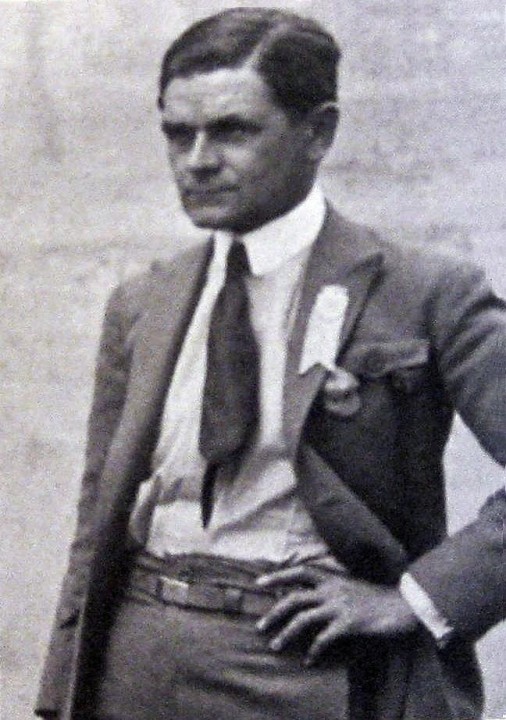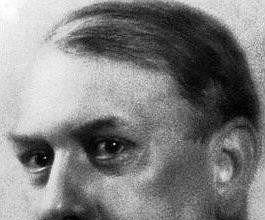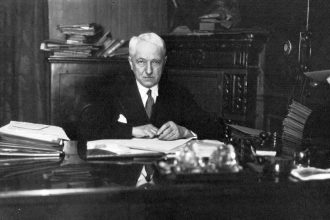Vittorio Pozzo is one of the most successful coaches in football history. He is best known for leading the Italian national team to two consecutive World Cup victories in 1934 and 1938. His innovative tactics and training methods set a new standard for football coaches and helped Italy establish itself as a dominant force in international football.
Vittorio Pozzo was born in Turin, Italy, on March 2, 1886. He played football as a defender for a local club, Juventus, in his youth. However, he was not a standout player and retired from the game at the age of 23 to pursue a coaching career.
Pozzo began his coaching career in 1909 as the coach of his former team, Juventus. He later coached other Italian clubs, including AC Milan and Lazio, but his most tremendous success came as the coach of the Italian national team.
Pozzo took over as the coach of the Italian national team in 1929. At the time, Italian football was in a state of crisis. The country had never won a major international tournament, and the game was plagued by corruption and violence. Pozzo set out to change that.
Pozzo’s first major tournament as coach was the 1934 World Cup. Italy had a strong team, but Pozzo’s tactics and training methods helped them dominate the tournament. He employed a “metodo” system, which emphasized positional play and teamwork. He also implemented a rigorous training regime that focused on fitness and tactics.
Until the 1930s, a common tactic in football was the so-called pyramid of Cambridge, which is a 2–3–5 in the shape of an inverted pyramid that had its apex in the Keeper. The design of this scheme is given to the team of a famous British university, and its launch is due to Blackburn Rovers, who applied it for the first time in the 1890s, and won five league cups. For over 30 years this form experienced uninterrupted luck in the British Isles and, by extension, the world. In the years after World War I, by evolution, from the pyramid, two tactical systems originated simultaneously: the WM, or ‘sistema’, practiced by the Arsenal side of Herbert Chapman, and the ‘metodo’, whose fathers are commonly identified as Vittorio Pozzo and his friend and rival Hugo Meisl, who served as the manager of the Austria national football team for 25 years.
Pozzo and Meisl developed the idea of an array with two defenders as full-backs and a player in a central position in front of the defense, between the two half-backs, who effectively functioned as central or defensive midfielder, who was a key component of the system; this position was known as that of the center-half-back, or centromedian methodist in Italian, and was seen as a precursor to the register or deep-lying playmaker role, as the metodista’s responsibilities in Pozzo’s system were not entirely defensive but also creative. As such, the methodist was not solely tasked with breaking down possession, but also with starting attacking plays after winning back the ball. Compared to the sistema, the forward displacement of the central defender gave more support to the half-backs. Finally, the retreat towards the median of the two ‘inside forwards’ of the pyramid (also called “mezzali,” or “half-wings,” in Italian – not to be confused with wing half-backs) gave rise to a formation of type 2–3–2–3, or “WW”, because it repeated the form of these letters on the field. The metodo system was well–suited to highly technical teams whose strategies were predominantly based on a slower game made up of possession and much short passing on the ground, in contrast to the English system, which favored faster, more aggressive, and athletic gameplay.

Italy won the tournament, beating Czechoslovakia 2-1 in the final. It was Italy’s first major international trophy, and Pozzo became a national hero.
Pozzo’s success continued at the 1938 World Cup, where Italy again triumphed. Pozzo’s team played with a similar style and approach to the 1934 team, and again his methods proved successful.
Pozzo retired from coaching in 1948, having won two World Cups, one Olympic gold medal, and four Central European International Cups. He is widely regarded as one of the greatest football coaches of all time.
Pozzo’s influence on Italian football can still be felt today. His emphasis on teamwork and positional play is a hallmark of Italian football, and his methods have been studied and emulated by coaches all over the world.
Vittorio Pozzo was a visionary coach whose innovative tactics and training methods helped Italy establish itself as a dominant force in international football. He led Italy to two consecutive World Cup victories and inspired a generation of football coaches. Pozzo’s legacy continues to shape Italian football today, and his impact on the game will be felt for generations to come.





